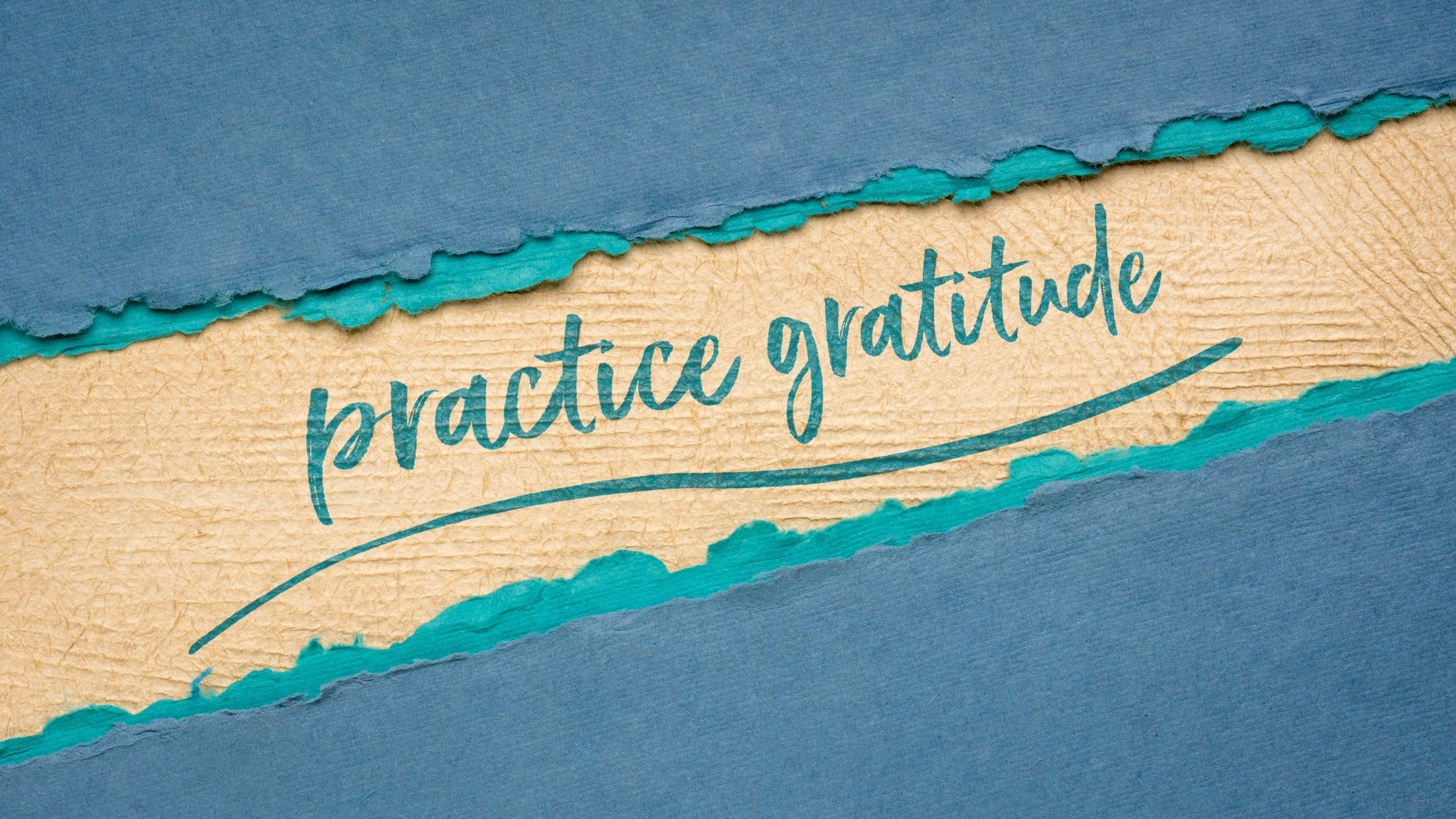A PR career means a life of watching, reading and listening to the news all day, every day. It’s our job to know what is going on and to fit our clients into important conversations. For publicists, journalists, or anyone who pays close attention to the increasingly devastating news, a feeling of despair can be a common result.
So here we are, Thanksgiving 2023, surrounded by news of war, the climate crisis, mass shootings, racism, a mental health epidemic and so much more. In a sense, finding gratitude when life is so hard can be easy. All we have to do is witness the ways in which others are hurting in order to feel grateful for the blessings in our own lives. But this feels wrong. Who wants to point to others’ pain in order to appreciate that they are suffering less?
In a quandary, I turned toward religion (Buddhism, Islam, Judaism, and Christianity) and dug into neuroscience to see what each has to say about the importance of gratitude. Here is what I learned.
Gratitude comes in three layers. The first is feeling appreciation for things that are good in your life. The second is showing appreciation and expressing your gratitude to others. The third, and key component, is to adapt new behaviors such as compassion and empathy, and renounce other behaviors like judgement and criticism.
While the above stems from Buddhist teachings, neuroscience shows that when gratitude is adapted as the default position, the brain changes from its traditional hardwiring that has us focused on negative information as a means of survival, to accepting uplifting input as equally worthy of our attention. With the exception of times when a charging tiger or other threats are on the immediate horizon, the result of this gratitude-wired brain would be more happiness for the person and also more happiness for those who are in frequent contact with that person. In short, practicing gratitude, rather than just feeling it, can be a solid win for all.
As we wrap 2023 and look toward the year ahead, all of us can call upon the third layer of gratitude – action – to reshape how we feel about the world and our actions within it. By changing our actions, we will create more positive rather negative events for the media to cover. Cue a cycle of positivity.
Okay, I’ll go first.
In acting on my gratitude for an extremely rewarding career promoting organizations and companies that do right in the world, and for Teak Media’s incredibly deserving clients and our very dedicated and brilliant team, I share with you a few beautiful and unifying teachings from the great religious books, which remind us that we are more similar than we are different, and that gratitude can bring us all together even in troubled times.
- It is more blessed to give than to receive. The Bible, Acts 20:35
- Incarnation entails 10,000 joys and 10,000 sorrows, according to the Tao Te Ching, and we can be grateful for all of them. “You have no cause for anything but gratitude and joy,” says The Buddha. Being thankful is one of the most powerful tools we humans have to attain peace of mind and happiness.
- The Hebrew term for gratitude is hakarat hatov, which literally means “recognizing the good.” According to the Talmud, practicing gratitude means recognizing the good that is already yours, and it is seen as an essential aspect of a person’s relationship with God.
- The above is strikingly similar to teachings of the Quaran, which emphasize the concept of gratitude, or shukr. “He who does not thank the people is not thankful to Allah,” (Ahmad, Tirmidhi). Overall, gratitude is considered a fundamental aspect of Islamic ethics and is actively promoted as a way of life for Muslims.
Wishing for peace and unity for all this Thanksgiving.


